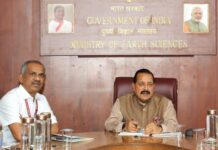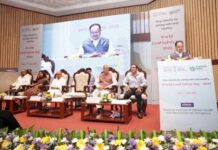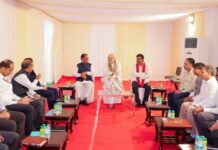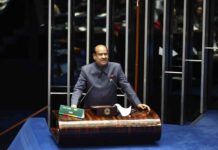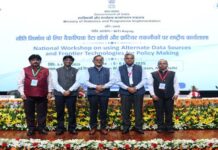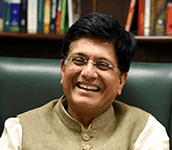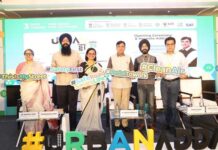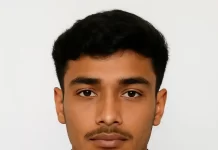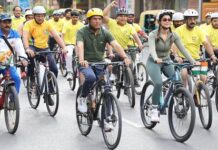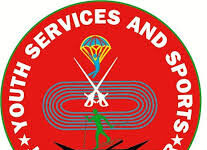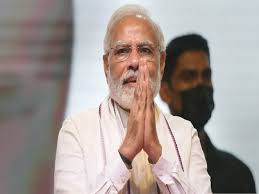Prime Minister Shri Narendra Modi will visit Karnataka and Maharashtra on 19th January, 2023.
In Karnataka, Prime Minister will visit the districts Yadgiri and Kalaburagi. At around 12 noon, in Kodekal, Yadgiri District, Prime Minister will lay the foundation stone and inaugurate various developmental projects related to irrigation, drinking water and a National Highway development project. At around 2:15 PM, Prime Minister will reach Malkhed, Kalaburagi District, where he will distribute title deeds (hakku patra) to the eligible beneficiaries of newly declared revenue villages and also lay the foundation stone for a National Highway project.
At around 5 PM, Prime Minister will inaugurate, dedicate and lay the foundation stone of multiple development initiatives in Mumbai. At around 6:30 PM, he will inaugurate two lines of Mumbai Metro and also undertake a metro ride.
PM in Karnataka
In an effort that will be another step to realise the Prime Minister’s vision of providing safe and adequate drinking water through individual household tap connections to all households, the foundation stone of Yadgir multi-village drinking water supply scheme under Jal Jeevan Mission would be laid at Kodekal, Yadgiri District. A Water Treatment Plant of 117 MLD will be built under the scheme. The project, which costs more than Rs 2050 crore, will provide potable water to about 2.3 lakh households of more than 700 rural habitations and three towns of Yadgiri district.
During the programme, Prime Minister will also inaugurate Narayanpur Left Bank Canal – Extension Renovation and Modernisation Project (NLBC – ERM). The project, with canal carrying capacity of 10,000 cusecs, can irrigate 4.5 lac hectares of command area. It will benefit more than three lakh farmers in 560 villages of Kalaburgi, Yadagir and Vijaypur districts. The total cost of the project is about Rs 4700 crores.
He will also lay the foundation stone of the 65.5 km section of NH-150C. This 6 lane Greenfield road project is part of Surat – Chennai Expressway. It is being built at a cost of about Rs 2000 crore.
In line with the Prime Minister’s vision of 100 percent saturation of government schemes, about 1475 unrecorded habitations have been declared as New Revenue villages in five districts of Kalaburagi, Yadgiri, Raichur, Bidar and Vijayapura. At Malkhed village of Sedam Taluka of Kalaburagi district, Prime Minister will distribute title deeds (hakku patra) to the eligible beneficiaries of these newly declared revenue villages. The issuance of title deeds to more than fifty thousand beneficiaries, who are largely from the marginalised and vulnerable communities from the SC, ST and OBC, is a step to provide a formal recognition from the government for their land, and will make them eligible for receiving government services like drinking water, electricity, roads etc.
During the programme, Prime Minister will also lay the foundation stone of the 71 km section of NH-150C. This 6 lane Greenfield road project is also part of Surat – Chennai Expressway. It is being built at a cost of more than Rs 2100 crore.
Surat – Chennai Expressway will pass through six states- Gujarat, Maharashtra, Karnataka, Telangana, Andhra Pradesh, and Tamil Nadu. It will reduce the existing route from 1600 Kms to 1270 Kms.
PM in Mumbai
Prime Minister will inaugurate and lay the foundation stone of projects worth around Rs 38,800 crores. Providing seamless urban mobility has been one of the key focus areas of the Prime Minister. In line with this, he will dedicate to the nation Mumbai Metro Rail Lines 2A & 7, worth around Rs 12,600 crores. The metro line 2A connecting Dahisar E and DN Nagar (yellow line) is around 18.6 Km long, while metro line 7 connecting Andheri E – Dahisar E (red line) is around 16.5 Km long. The foundation stone of these lines was also laid by the Prime Minister in 2015. Prime Minister will also launch MUMBAI 1 Mobile App and National Common Mobility Card (Mumbai 1). The app will facilitate ease of travel, can be shown on the entry gates of Metro Stations and supports digital payment to buy tickets through UPI. The National Common Mobility Card (Mumbai 1) will initially be used in metro corridors and can be extended to other modes of mass public transit including local trains and buses as well. Commuters will not need to carry multiple cards or cash; the NCMC card will enable quick, contactless, digital transactions, thereby easing the process with a seamless experience.






